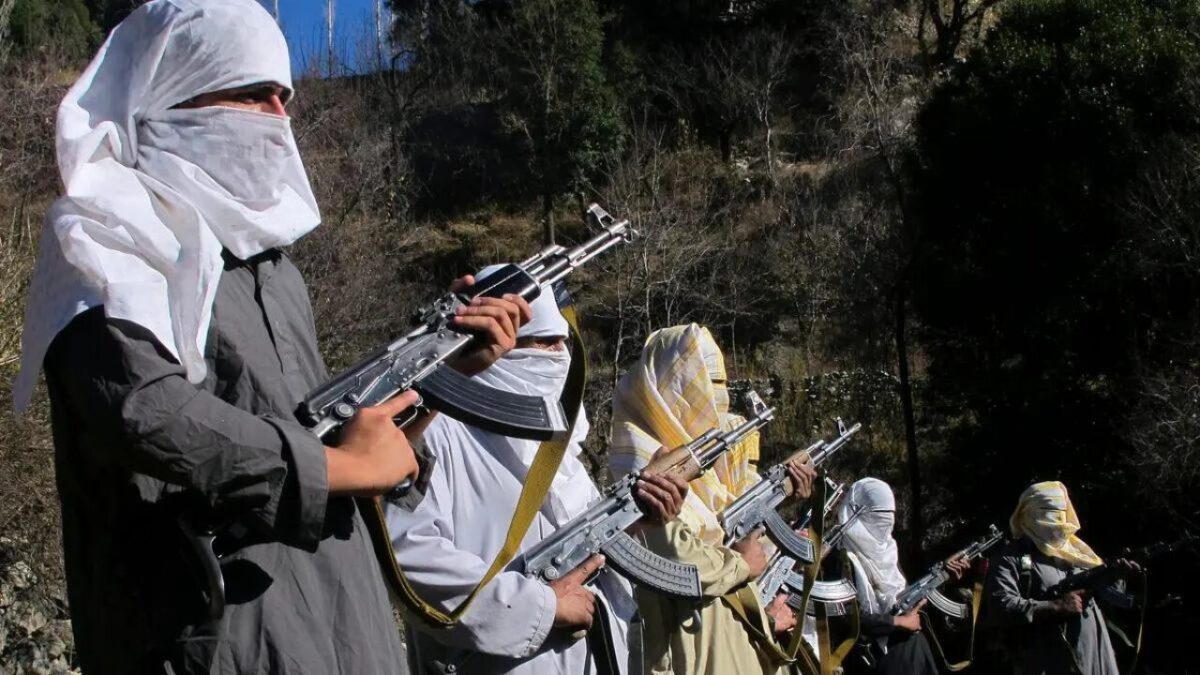BISHKEK, Kyrgyzstan — The head of Kyrgyzstan’s State Committee for National Security, Kamchybek Tashiyev said the “increasing number” of terrorist groups in northern Afghanistan poses a threat to the security of the southern borders of the Commonwealth of Independent States (CIS).
Speaking at a CIS security meeting in Bishkek, Tashiyev said international terrorist organizations and “sponsors behind them” are seeking to use social and political tensions across the world “to solve their strategic tasks.”
“Concentrations of terrorists in Afghanistan’s northern provinces have been growing to pose a threat to the integrity of the southern borders of CIS member countries,” Tashiyev was quoted by the Russian TASS news agency.
On the other hand, the director of the Russian Federal Security Service, Alexander Bortnikov, stated that the attempts to consolidate and expand the influence of terrorist networks and branches of international terrorist organizations (ITOs) in the Afghan-Pakistani zone are a big threat to CIS security.
Addressing a meeting of the Council of Heads of National Security Enforcement Agencies and Special Services of the CIS, Bortnikov explained that the Taliban is “countering against odious terrorist organizations.”
“Undoubtedly, we cannot but be concerned about what is happening in this country. On the one hand, positive trends should be noted,” he said, as cited by TASS. “The Afghan authorities are actively working on normalizing the situation, they’re countering against odious terrorist organizations, seeking to strengthen external borders in order to reduce the infiltration of militants from regional conflict zones. They are in dialogue with us—I am speaking about the special services of the CIS.”
He expressed belief in the Taliban’s ability to “restore order” in Afghanistan if the “external players do not interfere with Kabul.”
Bortnikov also stressed the efforts to find common ground in countering international terrorism with the new authorities in Afghanistan as a “positive trend.”





